Failure Is Good
To err is human—lucky for us
It took the swimmer Diana Nyad five tries to swim from Cuba to Florida. Alfred Nobel blew up his laboratory (and his brother) in his eventually successful quest to develop dynamite (and went on to fund the Nobel Prize). On a recent National Geographic google+ hangout, a group of scientists and adventurers mused about our failures. In each case, no matter how depressing or frustrating the events were, failures taught a lesson, and enabled forward movement even if on a different path. Being human means failing often.
The majority of scientists are wrong most of the time and nearly all athletes fail most times they attempt a goal, a hit, or a basket. The rate of failure and the heartbreak associated with it is part and parcel of our everyday lives. So why then, do we take failure so hard? Because we forget that success is achieved through trying, and trying most often ends in failure.
One might even argue that it is our ability to deal with failure in novel ways that enabled the first humans to navigate around and out of Africa hundreds of thousands of years ago. Think of how many times small groups of human ancestors tried to make a functional stone tool, a wooden spear, or communicate a complex topic to one another—and failed ad nauseum. It took these same ancestors nearly a million years to be able to control fire, to hunt large game and then another three quarters of million more to figure out how to paint their stories on cave walls. Human history is characterized by more failures than successes…and this is a good thing.
Achieving resilience in the face of failure, perseverance in the face of adversity is a central part of any ultimate success, and part of our own evolution. As Hannah Bloch wrote for National Geographic recently “…without the sting of failure to spur us to reassess and rethink, progress would be impossible.” Hope, dreams, and an active imagination, despite serious challenges, is part of why our species has done so well. Failing at something acts to demonstrate limitations, to force us to rethink or reevaluate how we do things, and to learn how to do them better. It adds a road block, ups the ante, and makes us use our brain, cooperate and get creative with the world. This is what humans do best. Unfortunately, all too often in our society trying and failing is seen as a flaw, as a failure of character, and this is a problem.
Think about the practice of science itself: the most common outcome from any experiment is failure. Most successful science is generated by refuting our hypotheses, by demonstrating we were wrong and that our earlier attempts were failures. It is the examination of the details of the failures, the reconstituting of our approaches that gets us closer to success. Think about the development of electric lights, antibiotics, the internet… all great successes whose antecedents were rife with failures.
Not all failures turn into successes and many are indeed insurmountable. But that is not the point. It is the human ability to imagine, to hope, and to work towards seemingly impossible or improbable goals that plays such a core role in why we are here on the planet. Having hope and acting on that hope, and having the ability to retain that hope even after a setback, is central to human innovation…and to our future.
So next time you fail remember that you are in great company, do the human thing and go back out there and try again.

